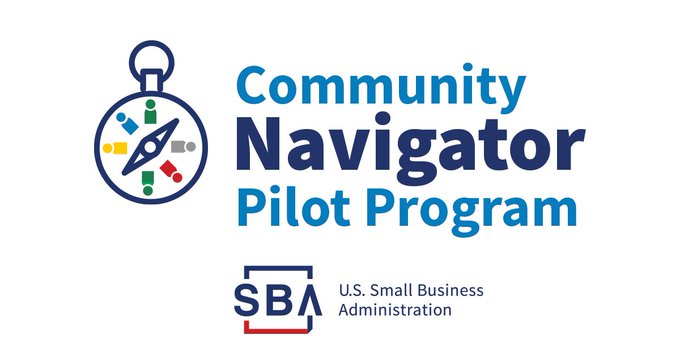
The Arkansas Small Business and Technology Development Center at the University of Arkansas at Little Rock has received a $2.5 million grant to engage in targeted outreach to small businesses in underserved communities.
The U.S. Small Business Administration awarded the competitive funding under the Community Navigator Pilot Program administered by the SBA’s Office of Entrepreneurship Education. Administrator Isabella Casillas Guzman announced recipients Oct. 28.
“The Arkansas Small Business and Technology Development Center is pleased to be one of the programs selected to participate in SBA’s Community Navigator Pilot Program,” said Michael Singleton, associate state director of ASBTDC and principal investigator for the project. “We know that not all groups and individuals have had the resources and capital needed to start or grow their businesses. We are excited about the opportunity to utilize this program to ensure all Arkansas entrepreneurs and small business owners have the tools and resources to succeed.”
The Community Navigator Pilot Program, part of the American Rescue Plan initiative, is designed to reduce barriers that underrepresented and underserved entrepreneurs often face in accessing the resources they need to recover, grow, or start their businesses.
Under the community navigator approach, trusted community partners act as “spokes.” Each spoke will reach out to specific sectors of the state’s entrepreneurial community. As the “hub,” ASBTDC will provide centralized support and structure for the spokes.
Arkansas Community Navigator Spokes
- Arkansas Human Development Corporation
- Arkansas State Chamber of Commerce
- Central Arkansas Library System
- East Arkansas Enterprise Community
- Phoenix Youth and Family Services
- University of Arkansas Division of Agriculture Cooperative Extension Service
ASBTDC will also develop and share tools for the spokes and provide market research and specialized expertise for businesses.
The Arkansas Community Navigator project seeks to assist businesses with access to capital, business development, contracting and procurement, marketing, operations, and exporting. This project will allow ASBTDC and partners to help small businesses address and overcome some of the systemic challenges that face entrepreneurs from underrepresented communities.
“These organizations will meet nascent and existing entrepreneurs at any level, provide a clear path toward achieving their small business goals, and equip them with knowledge, tools, and access,” said Singleton.
By leveraging and empowering existing community-engaged and culturally knowledgeable organizations and programs, the Navigator project will provide the platform for equipping small businesses and entrepreneurs in minority, rural, and other underserved communities across the state.
Earlier SBA pandemic relief programs for small businesses included the Paycheck Protection Program and COVID Economic Injury Disaster Loan. Arkansas has nearly 250,000 small businesses, and less than a quarter of them received PPP funding in 2020. An analysis of the PPP and EIDL funds distributed in 2020 found that not all communities benefited equally from the programs.
“We want all Arkansas small businesses to have access to relevant, comprehensive, wrap-around services needed for persisting through the COVID-19 pandemic and aftermath,” Singleton said.
This disparity was underscored by the recent studies conducted by the Women’s Foundation of Arkansas and Winthrop Rockefeller Foundation.
ASBTDC is one of 51 organizations that will receive a combined total of $100 million in funding through the Community Navigator Pilot Program. The organizations will work with hundreds of local groups to connect America’s entrepreneurs to government resources so they can recover and thrive.
“The Arkansas Human Development Corporation has partnered with the ASBTDC on numerous endeavors since the mid 1980s, and we are honored to be a part of the Community Navigator initiative that will expand the menu of high-quality business and technical assistance services to rural communities and isolated populations,” said Clevon Young, AHDC executive director.
ASBTDC expects to provide training and technical assistance to more than 5,000 new and existing small businesses owners during the two-year project.